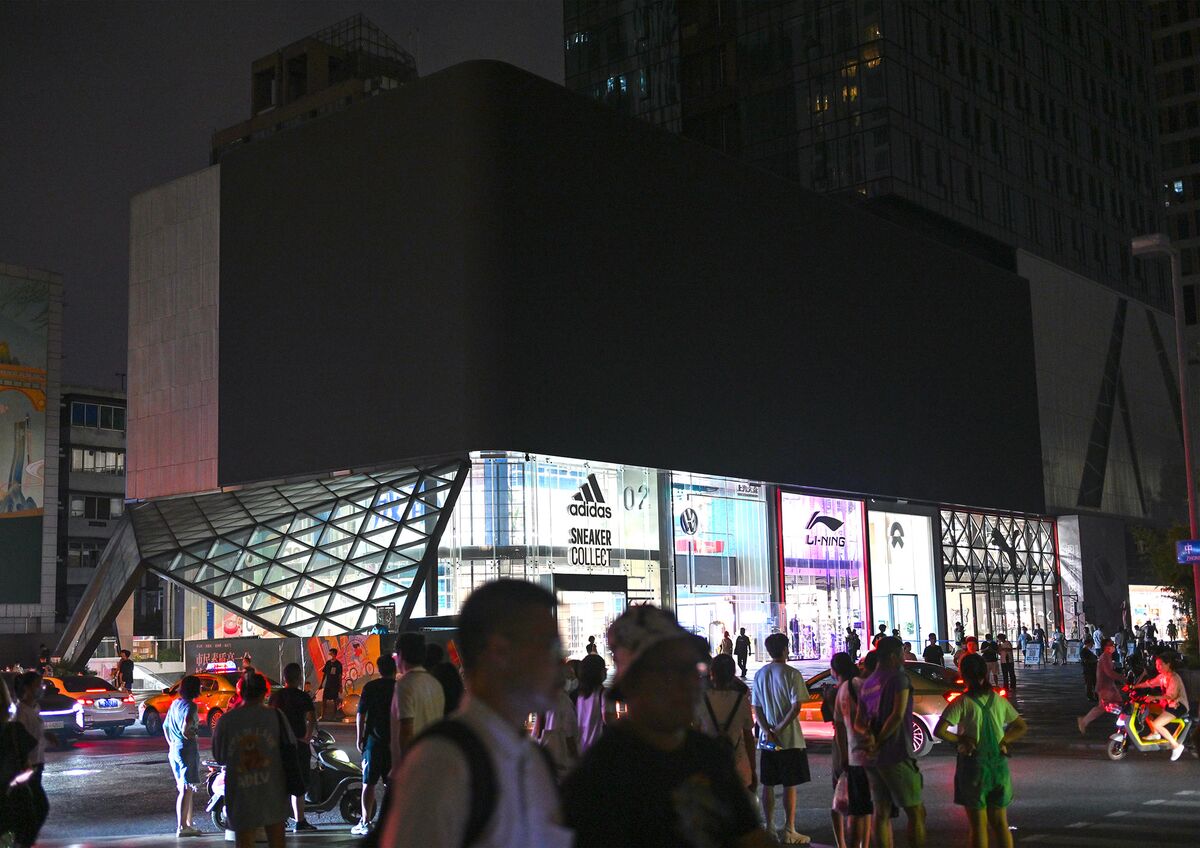

Inheritance and capital gains tax don’t exist here, and you’ll only be taxed on income that you earn in Hong Kong. This maxim applies to expats working in Hong Kong, and taxes here are considered to be ‘ among the lowest in the world.’ Salary or personal tax consists of four brackets, starting at 2% and rising through 7%, 12% and capped at 17%. Wherever you live and work in the world you will pay taxes.

The Hong Kong work/life balance is another attraction, and 58% have more disposable income than in their home countries.

The financial services are the main employers at 36%, with the education sector coming second at 11%. Salaries are set to rise by 5% over the coming year for mid-level managerial positions. HSBC discovered that almost seven in 10 expats found that career progression was easy in the former colony, and 78% were in full-time work.

And it’s not simply good salaries that make Hong Kong such a magnet for expats. You can expect to earn US$ 148,410 according to the annual HSBC survey. Most expats tend to work for overseas companies, where salaries are generous. A monthly pass will set you back around HK$ 510. If you want to employ someone to help you keep your living space clean, expect to pay around HK$ 60 per hour.įor getting around you can buy a car (a Volkswagen Golf for example, will cost you about HK$ 243,385) or you can stick with public transport, which is efficient and doesn’t add to Hong Kong’s pollution problem. This price includes, heating, gas and electricity. General utility costs will amount to HK$ 854 based on a single person living in a 480 sq ft apartment. A look at this map will help you to understand the distances involved. Living expenses in Kowloon district are cheaper than Hong Kong Island and the district is becoming increasingly accessible thanks to the advent of the Mass Transit Railway (MTR). Instead of opting for the densely populated Wan Chai district, try venturing further afield. The cost of living in Hong Kong varies between locales - you don’t have to live in the most expensive part of town. Public transport is efficient and cheap - it also makes a great place for people-watching and learning a little more about Hong Kong. But it is possible to live and work in Hong Kong without blowing your bank balance. With seven million people squeezed into just 405 square miles it’s easy to understand why land is such a precious commodity. One of the main reasons for the high accommodation prices is the shortage of land. This price doesn’t include utilities or other charges. You’ll also have to ensure that you can afford the princely sum of HK$ 26,964.49 for a900 sq ft furnished apartment in cheaper part of town. But monthly rent for a furnished studio flat in an expensive area can cost HK$ 22,747.18įamily homes in Hong Kong will be more expensive, as chances are you’ll be looking at larger properties. A standard lunchtime meal in downtown Hong Kong will set you back HK$ 95.12 (one HK dollar equals 0.13 US dollars - exchange rate correct as of 1 February 2018). Figures released by the expatriate website Expatistan in January 2018 show that though food and drink generally don’t cost a lot of money, rentals and property prices do. In fact, the region is ranked as the second most expensive place in the world to live. If you’re considering a long-term relocation to Hong Kong, addressing the financial needs of you and your family is an essential part of your planning.


 0 kommentar(er)
0 kommentar(er)
